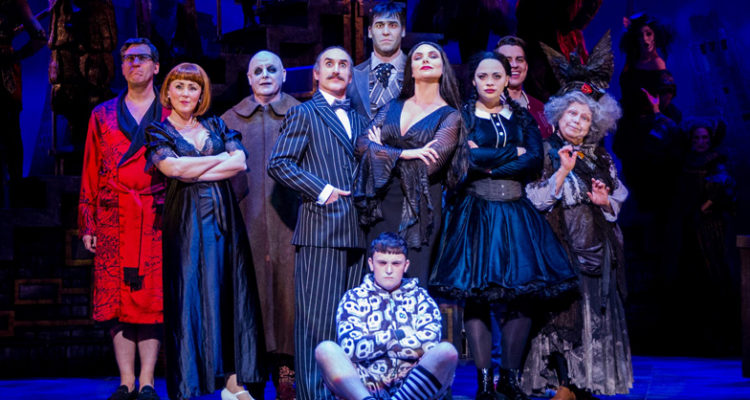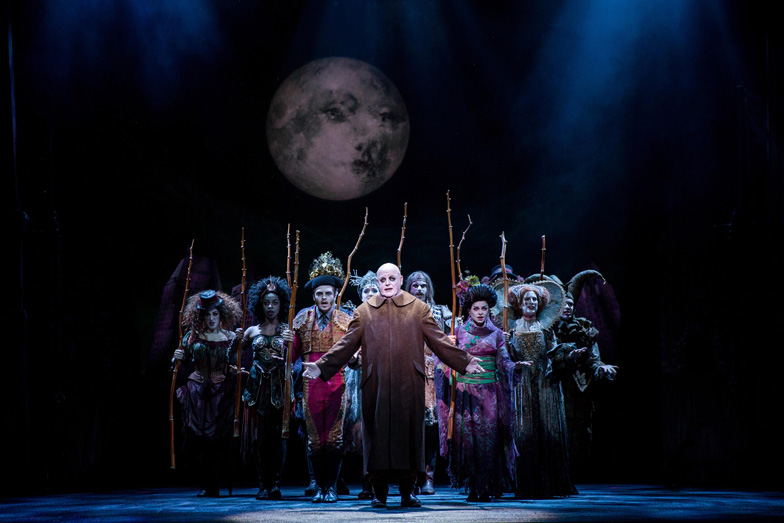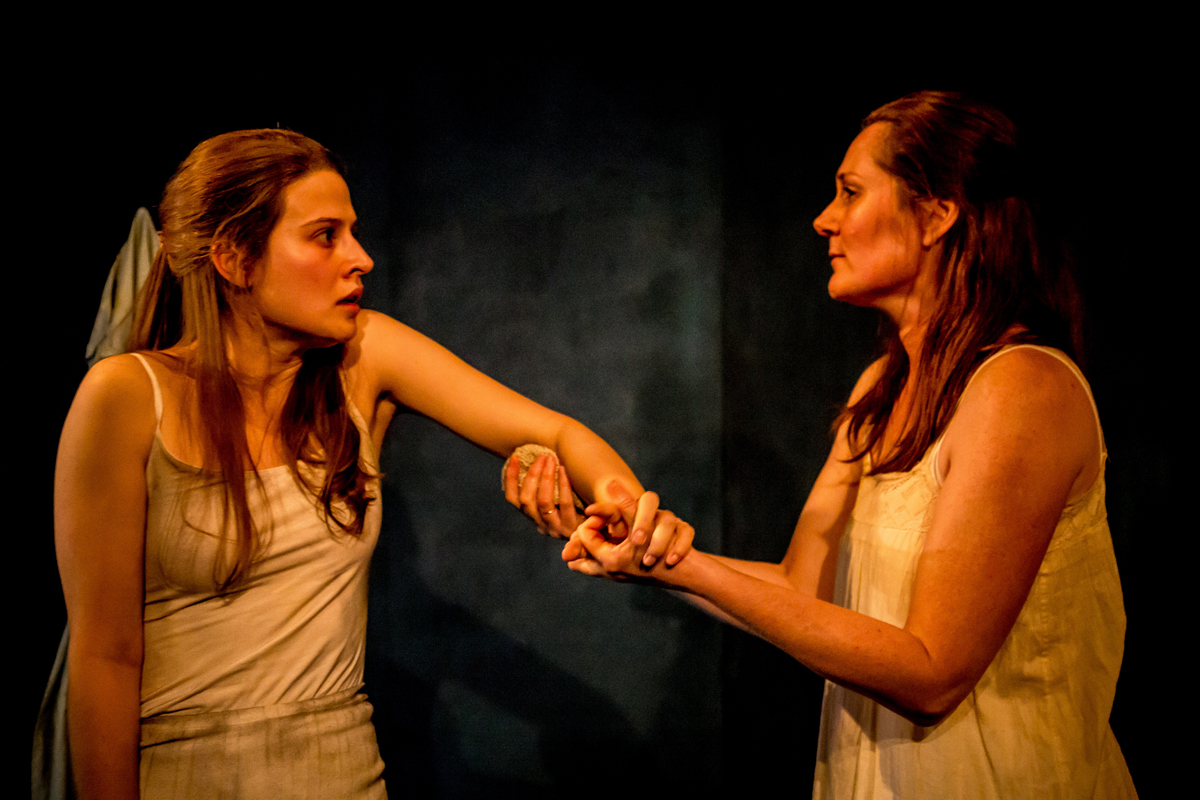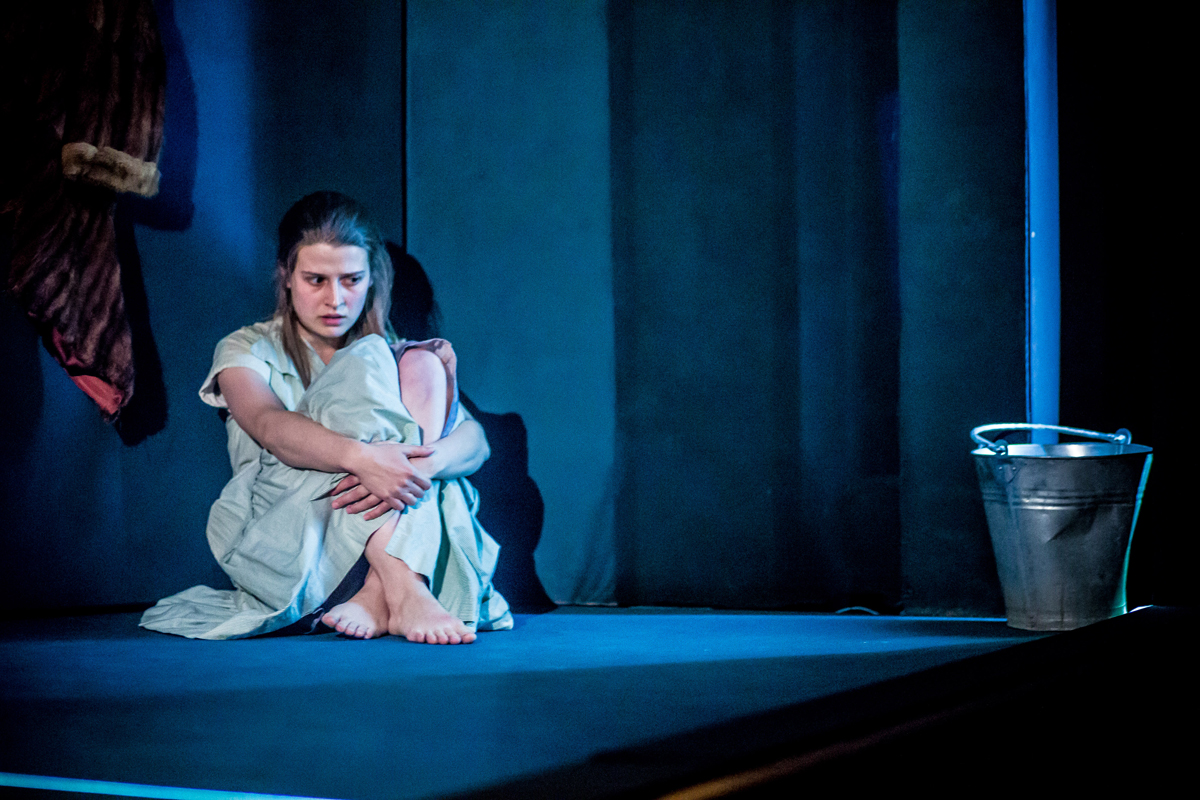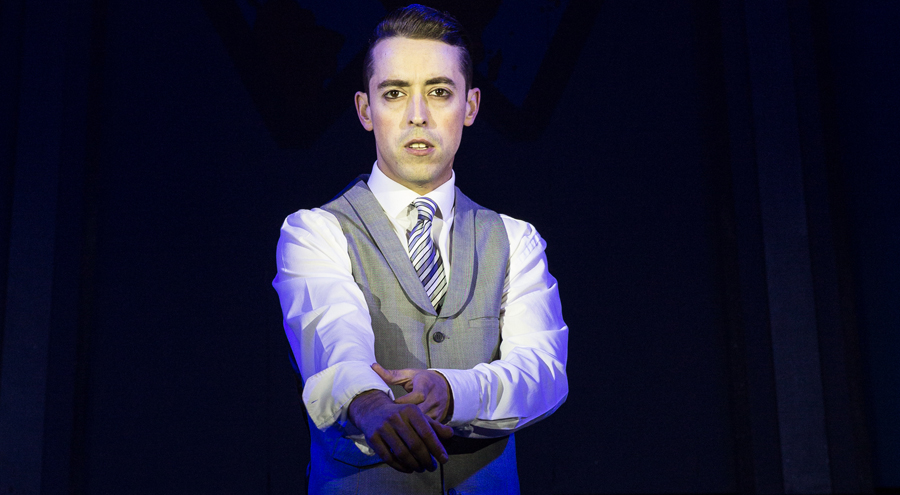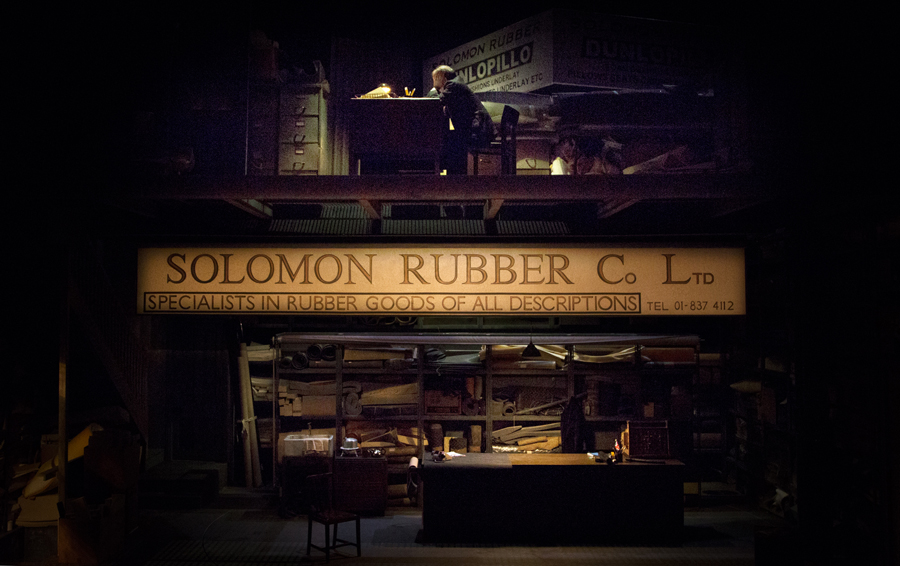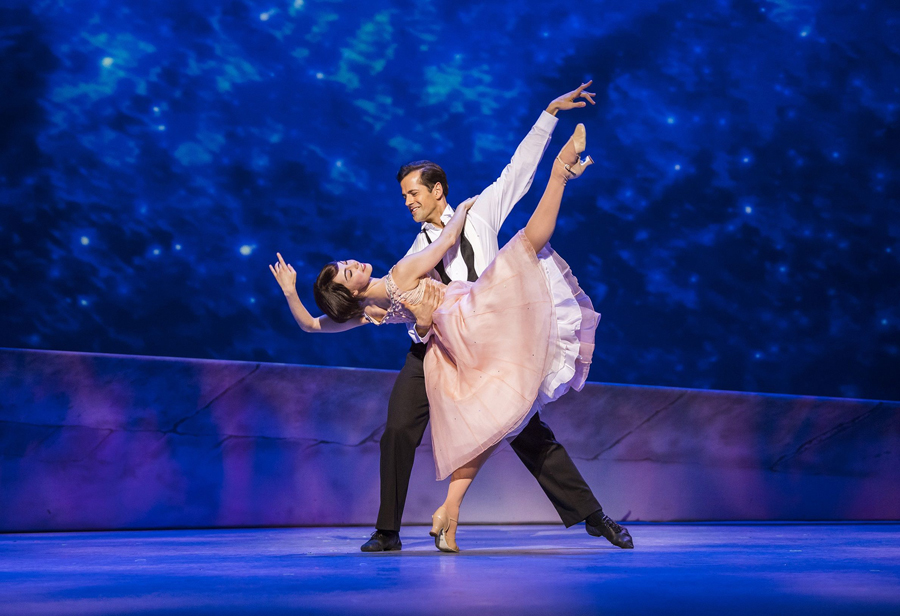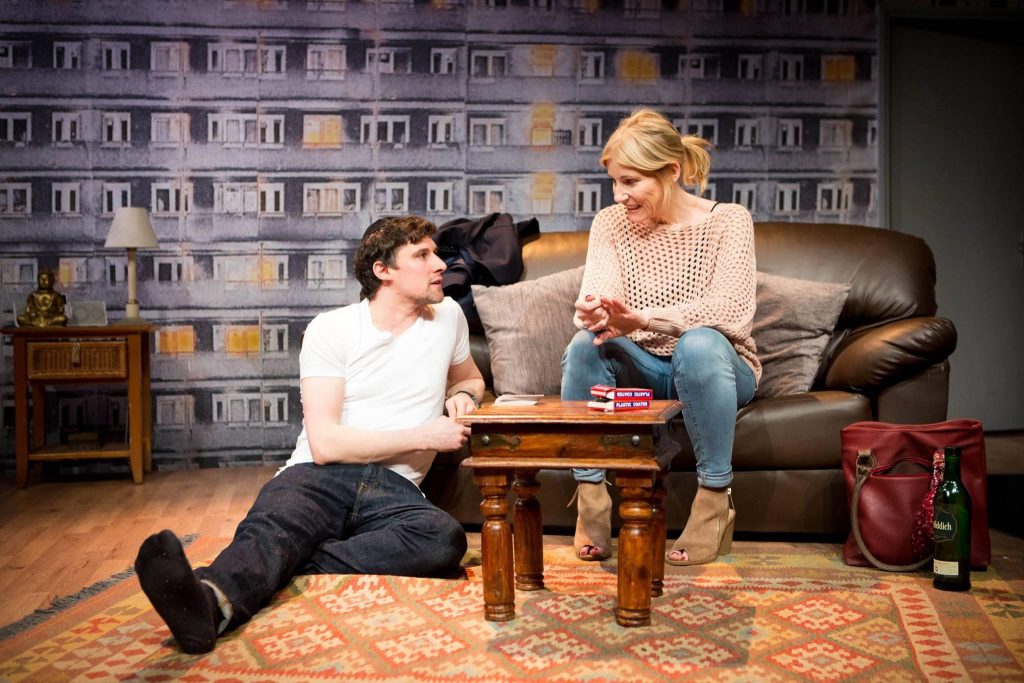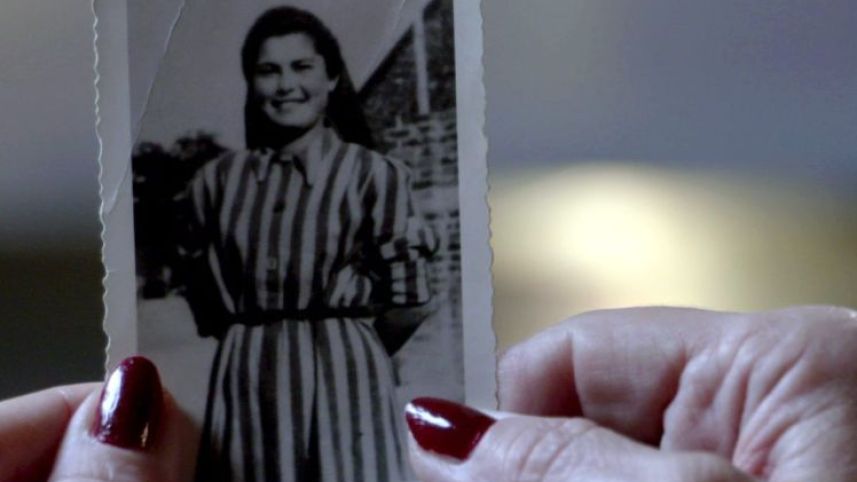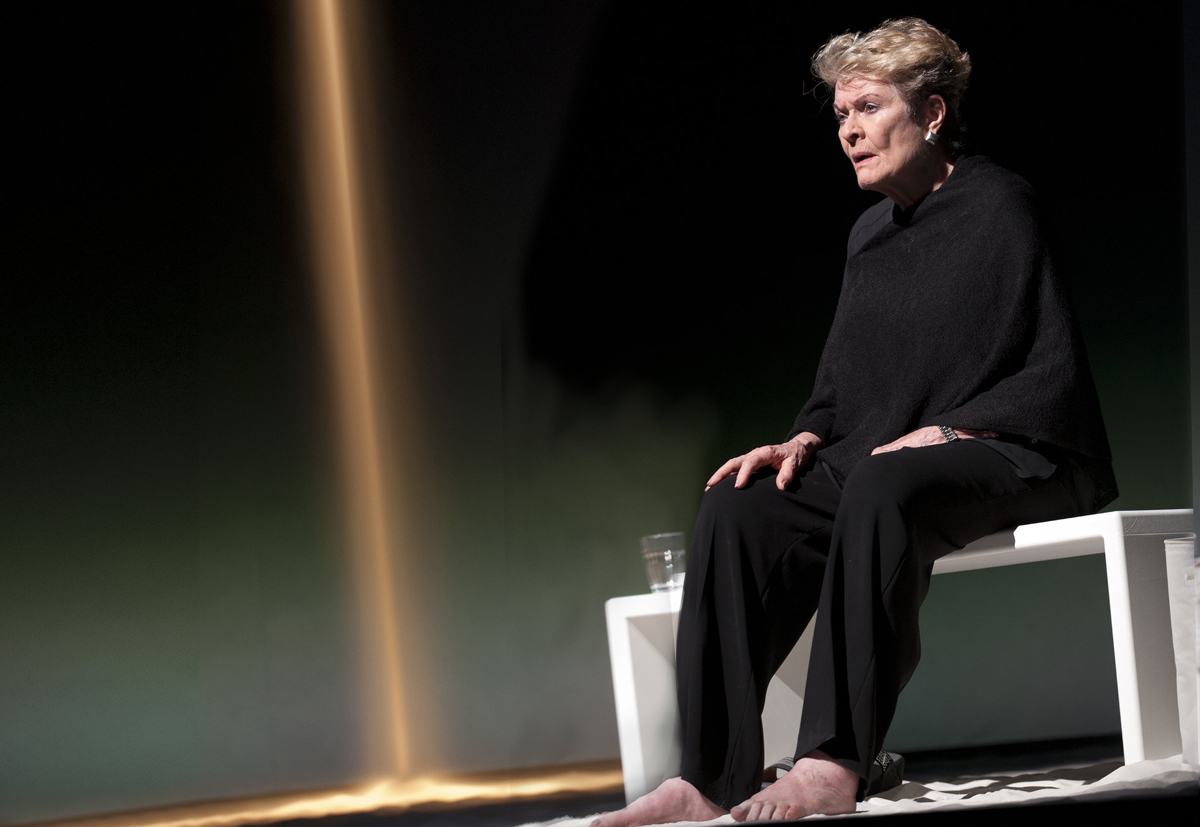 From the moment Janet Suzman, as Rose, appeared dressed all in black, sitting on a single white bench on an empty stage, the audience was gripped.
From the moment Janet Suzman, as Rose, appeared dressed all in black, sitting on a single white bench on an empty stage, the audience was gripped.
Rose was sitting shiva, and as her story unfolded over the next two hours, recounting her journey from a Ukrainian shtetl through all the vicissitudes of a Jewish 20th Century, she sat shiva repeatedly. Each time – for a parent, a child, a husband, victims of the repeated manifestations of antisemitism – a slender shower of sand descending from a hole in the roof of the stage was the only visual accompaniment to Rose’s narrative.
This relatively simple device and the subtle changes of lighting bear witness to the imaginative direction of Richard Beecham.
This powerful one-woman play by Martin Sherman debuted in 1999, at the close of that turbulent and violent century for the Jewish people. Yet, with the increase in antisemitism, the rise to power of untrustworthy leaders and the overwhelming refugee crisis, the story has, if anything, increasing resonance for this century.
What a bitter irony that this revival was being performed at HOME, Manchester’s proud arts and cultural centre in the city suffering the aftermath of one of this century’s cruellest terrorist outrages.
Tragic though Rose’s journey was, Sherman injected frequent witty asides into his script, aimed with perfect timing at the audience in Suzman’s stellar performance.
One woman in black, the brief whiteness in her extraordinarily expressive face and hands, held the audience transfixed, moved and entertained.
Every shiva house has its occasional lighter moments, so it was to be expected that in sitting shiva for an entire century, Janet Suzman succeeded in bringing wit, humanity and even a little hope to this tragic story.
By Gita Conn
Photos by Simon Annand
Rose runs until Saturday 10 June. 7.30pm, 2pm (1, 3, 7 & 10 Jun only). £10-£26.50. Home, Manchester, M15 4FN. 01612 001 500. https://homemcr.org



